Wellness

Survival tools for a neurodivergent brain in academia
Working in academia is hard, and being neurodivergent makes it harder. Here are a few tools that may help, from a Ph.D. student with ADHD.

Hidden strengths of an autistic scientist
Navigating the world of scientific research as an autistic scientist comes with unique challenges —microaggressions, communication hurdles and the constant pressure to conform to social norms, postbaccalaureate student Taylor Stolberg writes.
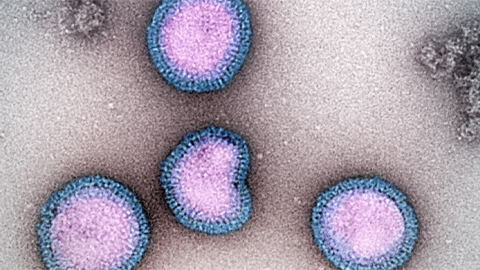
From the journals: JBC
A novel antiviral factor fights flu. Clamping onto DNA. Glycosylation ensures healthy bones. Read about recent articles on these topics.
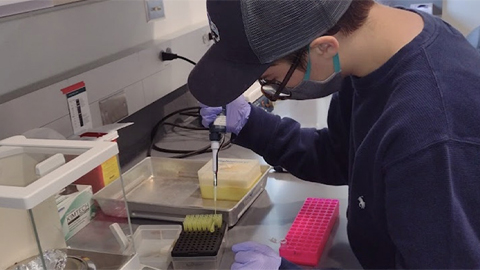
I survived sudden cardiac arrest and 37 days in a coma — then the hard part began
“The neurologist on my team said there were ‘no purposeful signs of activity’ … and weaned my phenobarbital dose down. I woke up the next morning.”
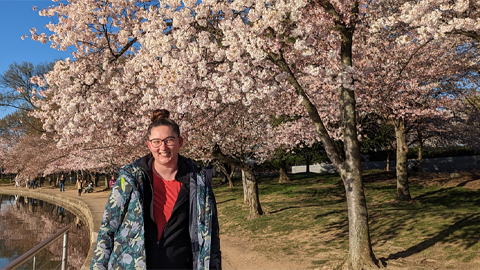
Mental illness after a Ph.D.
“It just doesn’t feel like the two aspects of myself can coexist.”
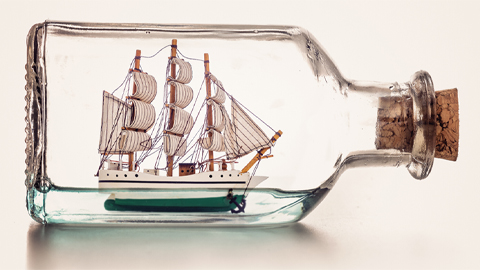
Capsized: Excerpts from a short memoir of a life upturned
A story about grief, loss and heartbreak turns into one about strength, forgiveness and love.
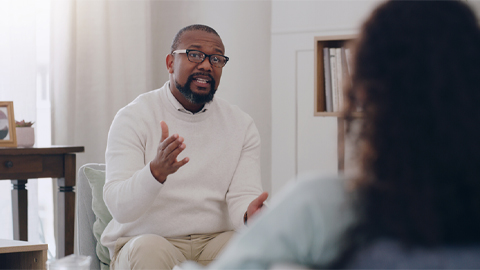
Fostering mental health in faculty and students
“The nature of science often requires failed experiments and competing deadlines, on top of the financial stressors and our personal lives.”
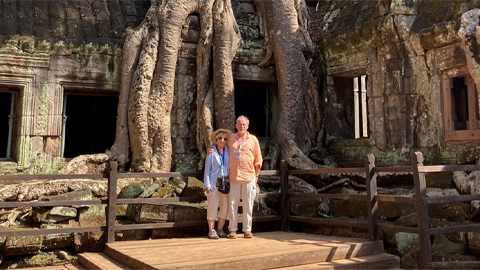
Coming home twice
Blaise Arena writes about the collective trauma caused by the war in Vietnam, the individual trauma experienced by those who served, and coming to terms with having contributed to a friend’s suffering.
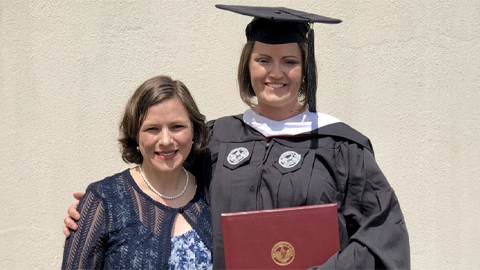
I am a homicide survivor
“I called my mom for more details … then I called my PI … she was quiet and listened as I screamed and cried.”
